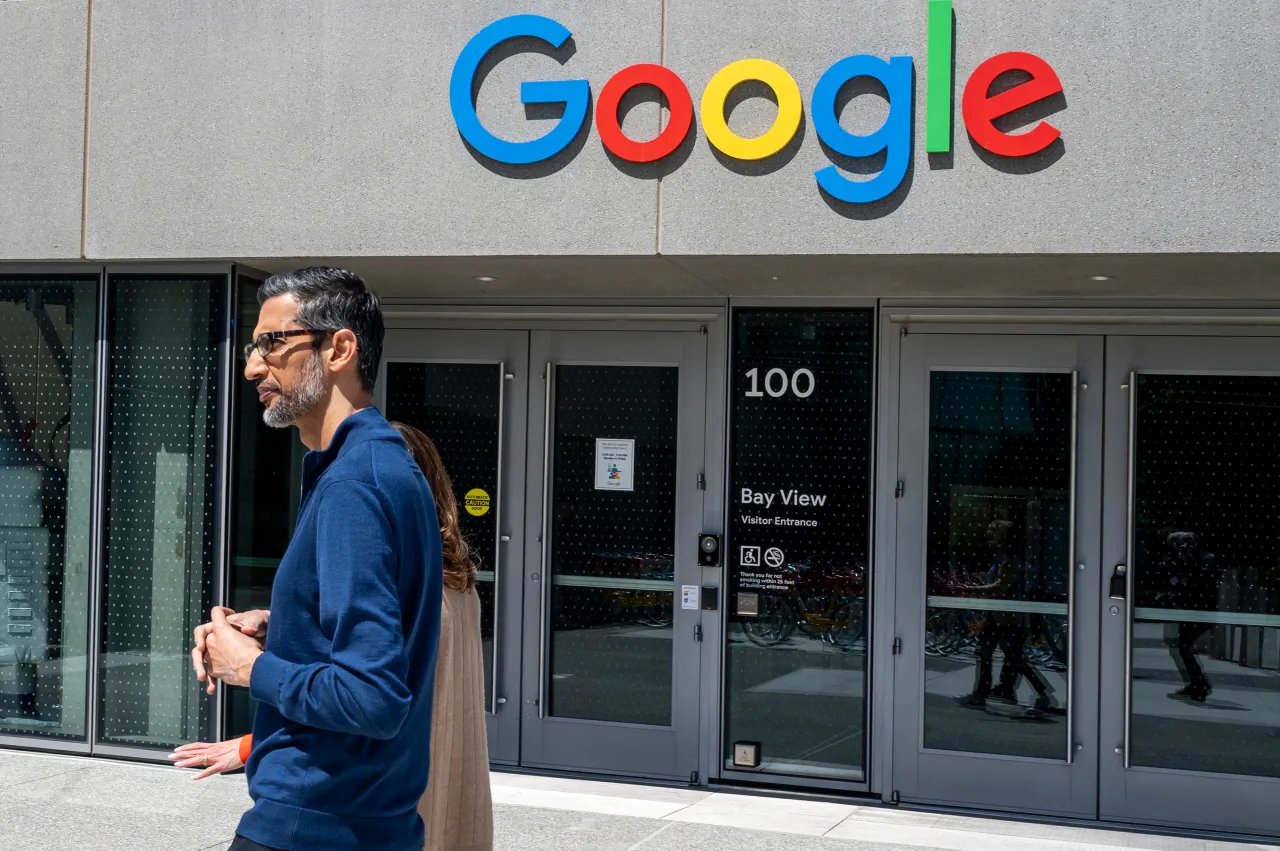Google has lost a seven-year antitrust battle with the European Commission, as the EU’s highest court confirmed a $2.7 billion fine against the tech giant. This fine was originally imposed in 2017 for the company’s practice of promoting its own comparison shopping service over those of its competitors in search results. The European Commission found that Google used its dominant position in search to unfairly disadvantage local rivals.
EU Commissioner Margrethe Vestager criticized Google’s strategy, arguing that it wasn’t merely about improving its own service but rather about leveraging its dominance to skew competition. Google’s comparison shopping service was given preferential treatment in search results, while competitors were demoted, which the Commission deemed an abuse of market power.
Following the imposition of the fine, Google appealed the decision but lost in 2021 at a lower court level. The company then took its case to the Court of Justice of the European Union (CJEU), asserting that it was being penalized for its dominant market position and that the original ruling wrongly interpreted its quality improvements as abusive.

Google Loses $2.7 Billion EU Antitrust Case Over Biased Search Results, Upholding Seven-Year Battle
However, the CJEU upheld the lower court’s decision, stating that while dominance is not illegal, abusing that dominance to hinder competition is prohibited.
The CJEU’s ruling underscores that dominant companies must not engage in practices that harm competition or consumers. The court reaffirmed that Google’s actions in promoting its own service at the expense of competitors’ services were not permissible, reinforcing the need for fair competition in digital markets.
In response to the decision, a Google spokesperson expressed disappointment but noted that the company had already made significant changes to its practices back in 2017. These adjustments were claimed to have been effective, generating substantial traffic for various comparison shopping services.
Google is also facing additional EU legal challenges, potentially requiring the divestment of parts of its adtech business to address ongoing competition concerns, and has accumulated over $9 billion in antitrust fines in the EU over the past decade.








































